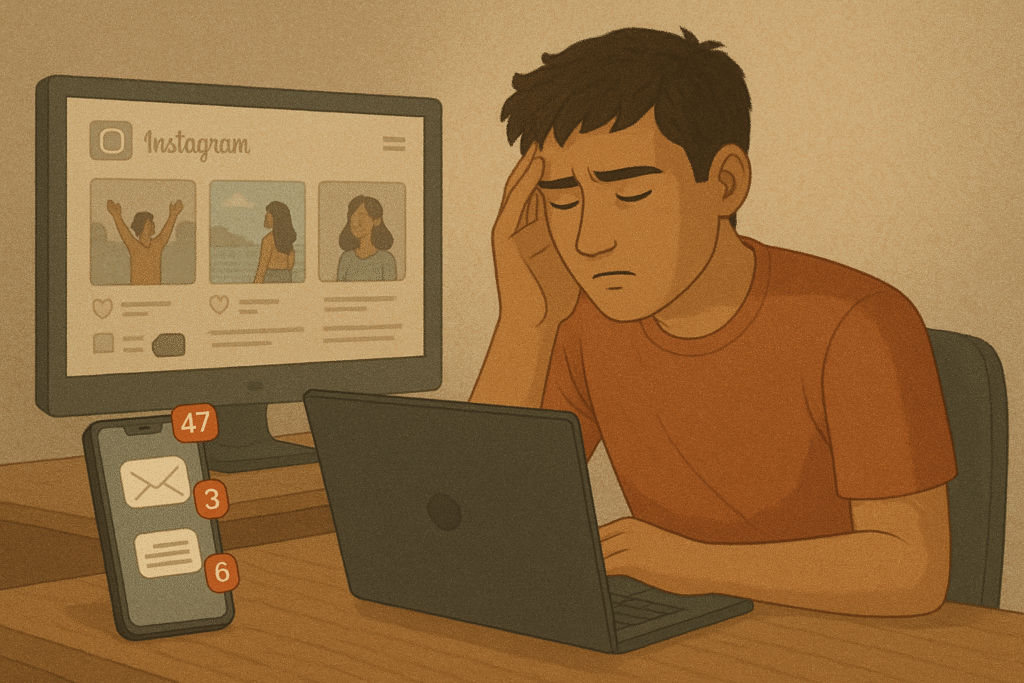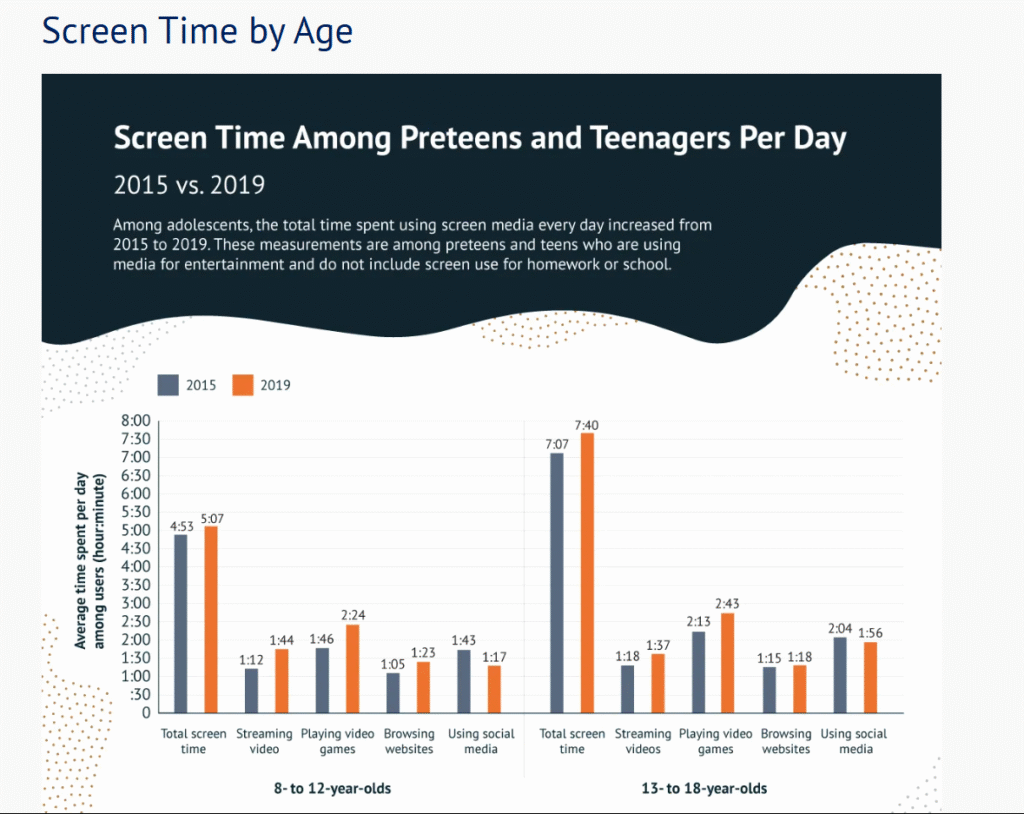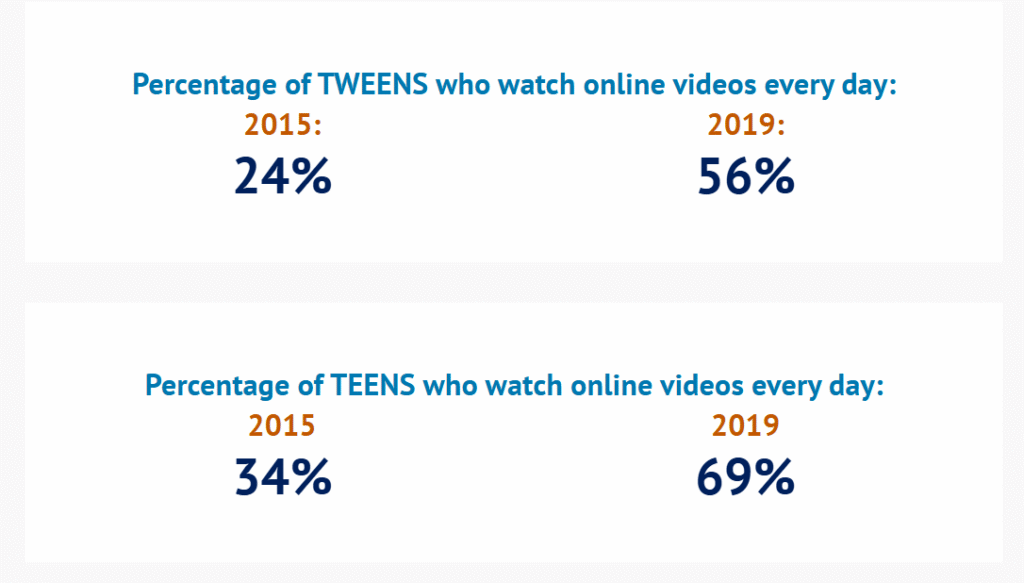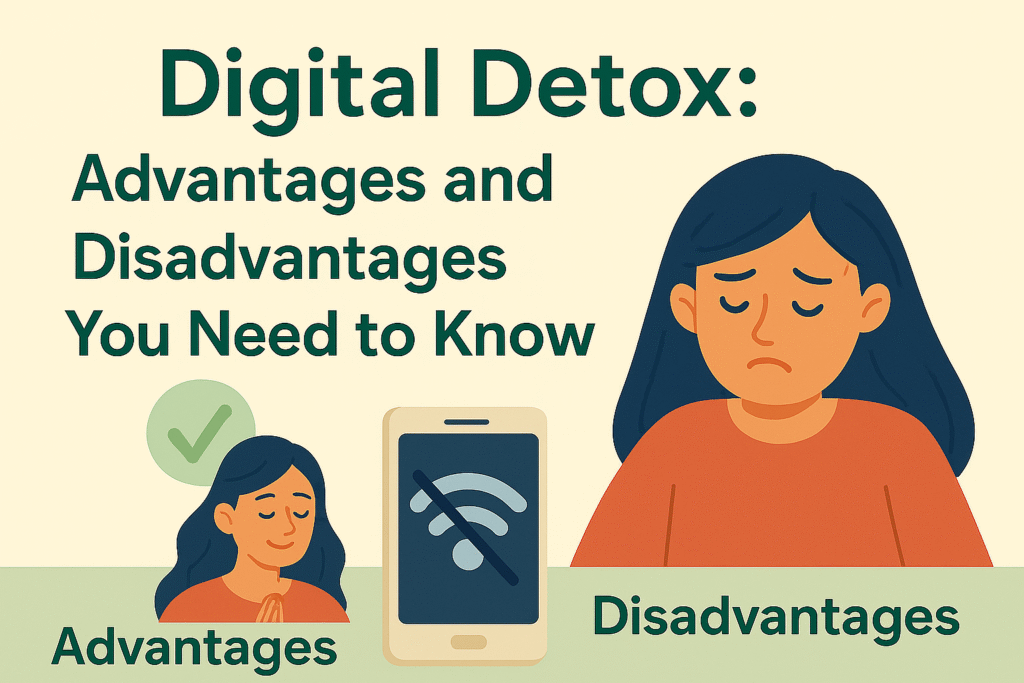💭 “I just want to escape the noise.”
That’s what Ayan, a 21-year-old university student, whispered to himself as he stared at his screen: 47 unread WhatsApp messages, 3 missed calls, 6 assignment deadlines, and an endless scroll of perfect lives on Instagram.
His head hurt. His heart felt heavy.
So, he did what many young people dream of but rarely do: a digital detox.
No social media. No notifications. No late-night scrolling.
Just one week of peace. Or so he thought…

Let’s walk through Ayan’s journey and unpack the real advantages and disadvantages of a digital detox, so you can decide if it’s the right move for you.
✅ Advantages of a Digital Detox
🌱 1. Mental Clarity and Focus
Within 48 hours of unplugging, Ayan noticed something surprising.
“I could think again.”
Without the constant ping of messages and reels, his thoughts were calmer. He finished a full chapter of his textbook in one go, no distractions, no switching tabs.
Digital detox helps your brain breathe, giving you clarity and sharper focus.
😌 2. Less Anxiety, More Peace
Ayan didn’t realize how much stress social media was causing him until he left it.
He finally felt present, and his sleep improved too.
👨👩👧👦 3. Real-Life Connections Strengthen
The boy spent more time with his family real conversations, shared meals, and laughter without phones at the table.
When you unplug from screens, you plug into people.
💡 4. Rediscovering Forgotten Passions
He picked up his guitar again. Started sketching. Took long walks.
Without the black hole of apps, he had time for things he genuinely loved.
⚠️ Disadvantages of a Digital Detox
But not everything went perfectly. In fact, some parts of the detox were… tough.
📩 1. Missing Out on Important Updates
He missed an internship email that required a same-day response.
He also missed a group study session because he didn’t check his class WhatsApp group.
Being unplugged means you might miss real responsibilities.
🤝 2. Friends Felt Ignored
Without updates or responses, a few of Ayan’s friends thought he was upset or ghosting them.
Digital silence without explanation can accidentally hurt relationships.
😓 3. Feeling Lonely and Left Out
As the days passed, Ayan started to feel… disconnected.
His friends were sharing memes, planning hangouts, and sending voice notes, all things he was missing.
He realized that online isn’t fake, it’s part of real life now.
🧠 4. Hard to Maintain in a Digital World
University schedules, job applications, study portals — they’re all online.
A total detox isn’t always realistic when your entire life is built around digital tools.
Ayan felt like he was going against the current instead of learning how to swim smarter.
🎯 So, What’s the Takeaway?
A digital detox can be amazing, but it’s not magic. And it’s not for everyone, all the time.
Instead of going completely offline, consider this:
- ⏰ Set screen limits (e.g., no phone after 9 PM)
- 📵 Mute non-essential notifications
- 🧘♂️ Take one full day off social media each week
- 📚 Use tech mindfully instead of mindlessly
Balance beats burnout. Every time.
Below is the graph and statistical data from the Pepperdine Online California


💬 Final Words
Ayan’s digital detox taught him one powerful truth:
You don’t have to delete every app to feel alive.
You just have to take control of how you use them.
So if you’re feeling overwhelmed, go ahead and take a break. But remember, digital detox is a tool, not an escape plan. Use it wisely.
🔗 Related Read:
Want to learn how to deal with notification overload?
👉 Read: The Impact Of Social Media On Students’ Research Papers


Pingback: Scroll Trap: How Social Media Affects Time Management More Than You Think - foncentra.com